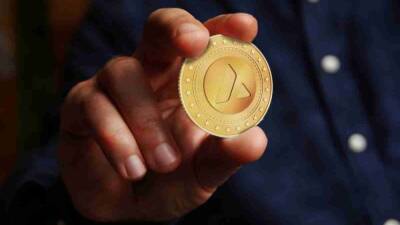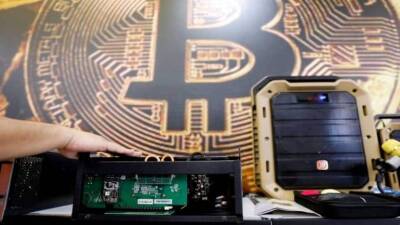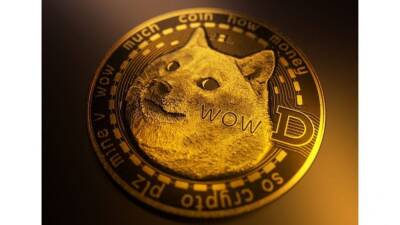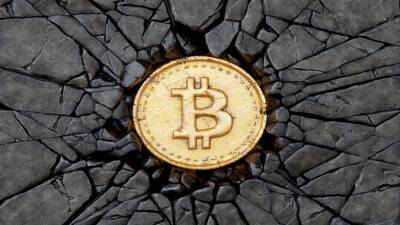Cryptocurrency traders move into carbon markets
Cryptocurrency technology is making a splash in the carbon market.
In recent months, millions of credits for offsetting greenhouse-gas emissions have been virtually tied to newly created cryptocurrency tokens and removed from circulation. Some market participants say the technology is bringing transparency and helping create new incentives for projects that benefit the climate, but not everybody is convinced.
Many companies aiming to compensate for their emissions buy credits representing reductions in greenhouse gases. These credits, each standing for one metric ton of carbon dioxide, come from projects such as planting trees or setting up renewable-energy farms that have third-party certification of the climate benefit. They are traded on unregulated markets, fetching different prices depending on the carbon-removal activity.
Some participants in this fast-growing market want more transparency and common rules, saying a hodgepodge of standards and murky prices make it hard to compare credits and ensure the projects actually benefit the climate. The Taskforce on Scaling Voluntary Carbon Markets, an industry group, says making it easier to trade credits and trace them, such as by recording transactions publicly, would mean more companies could use offsets to meet their climate goals.
Toucan, a decentralized finance, or DeFi, project that launched in October, says its technology can help. Toucan lets users who own carbon credits link them to digital tokens. The tokens, called BCT—for Base Carbon Tonne—can then be traded on cryptocurrency exchanges. That wouldn’t change the nature of the underlying projects, but Toucan says it would create a forum for trading and improve transparency by providing real-time pricing data
Read more on livemint.com



















